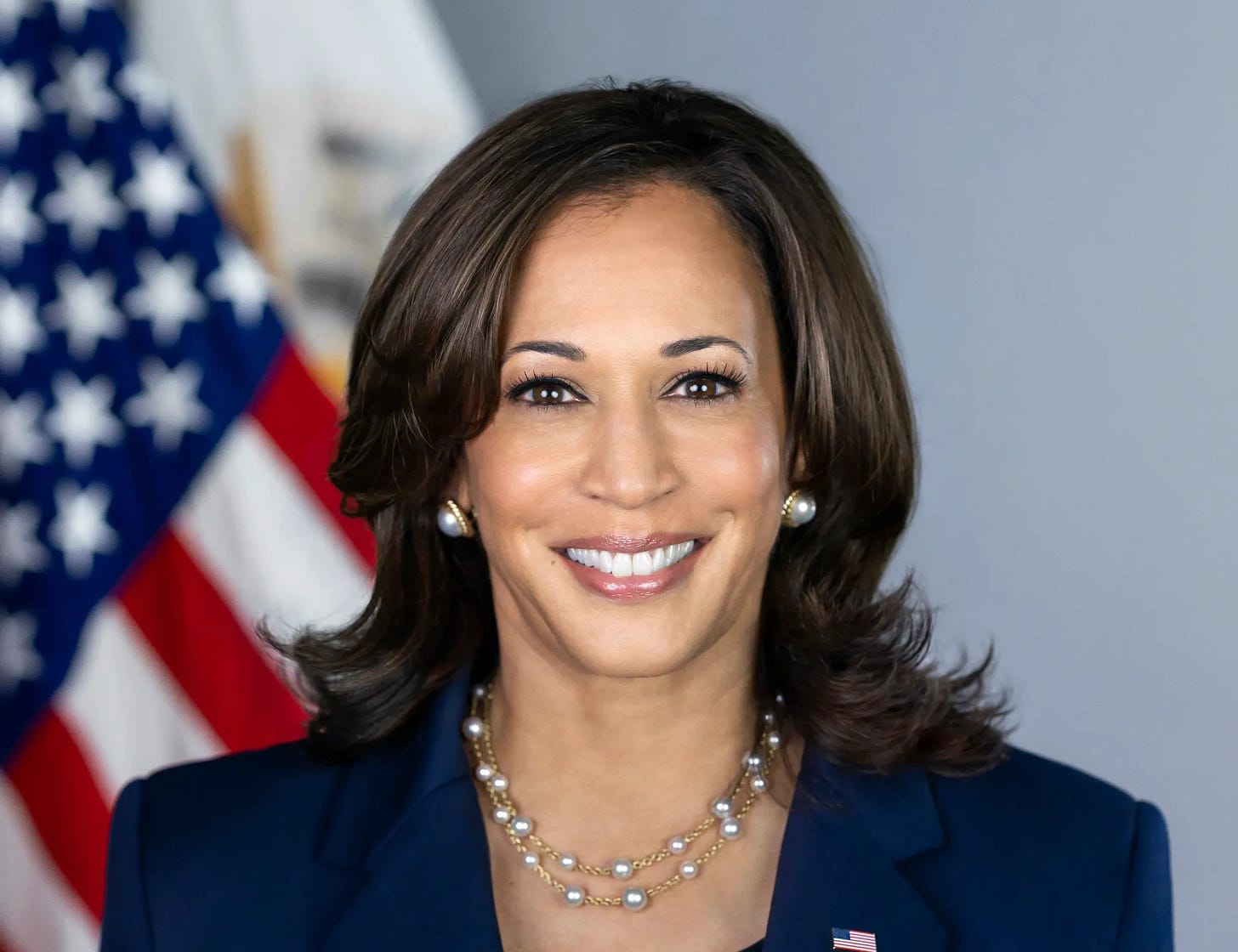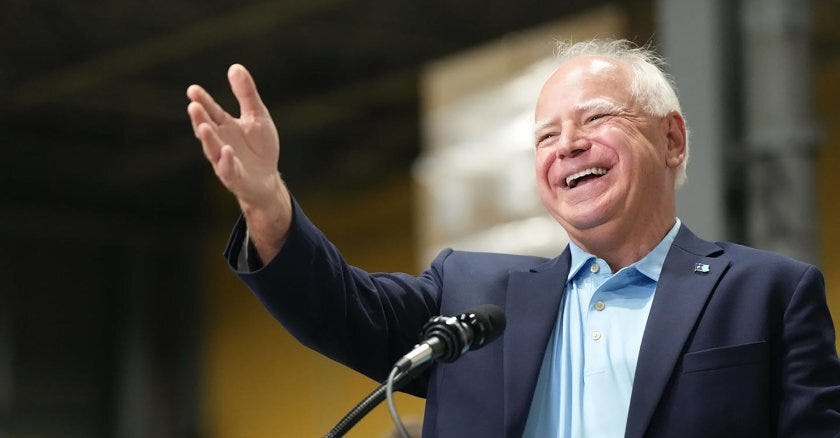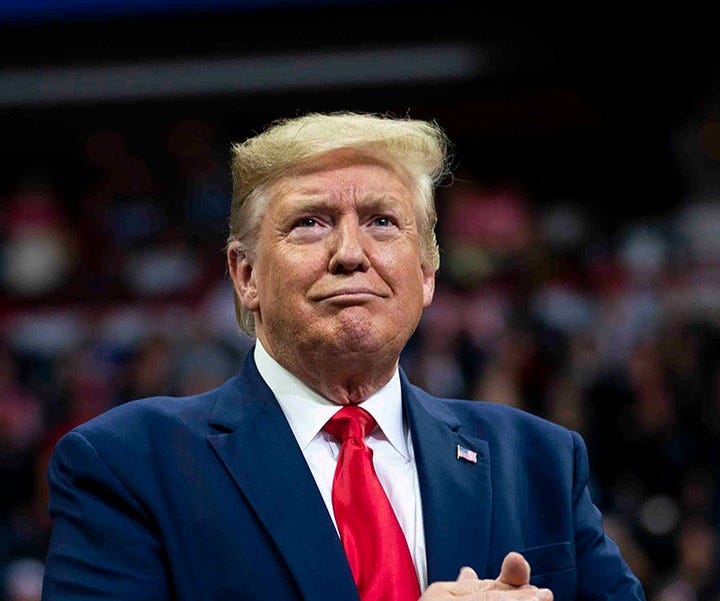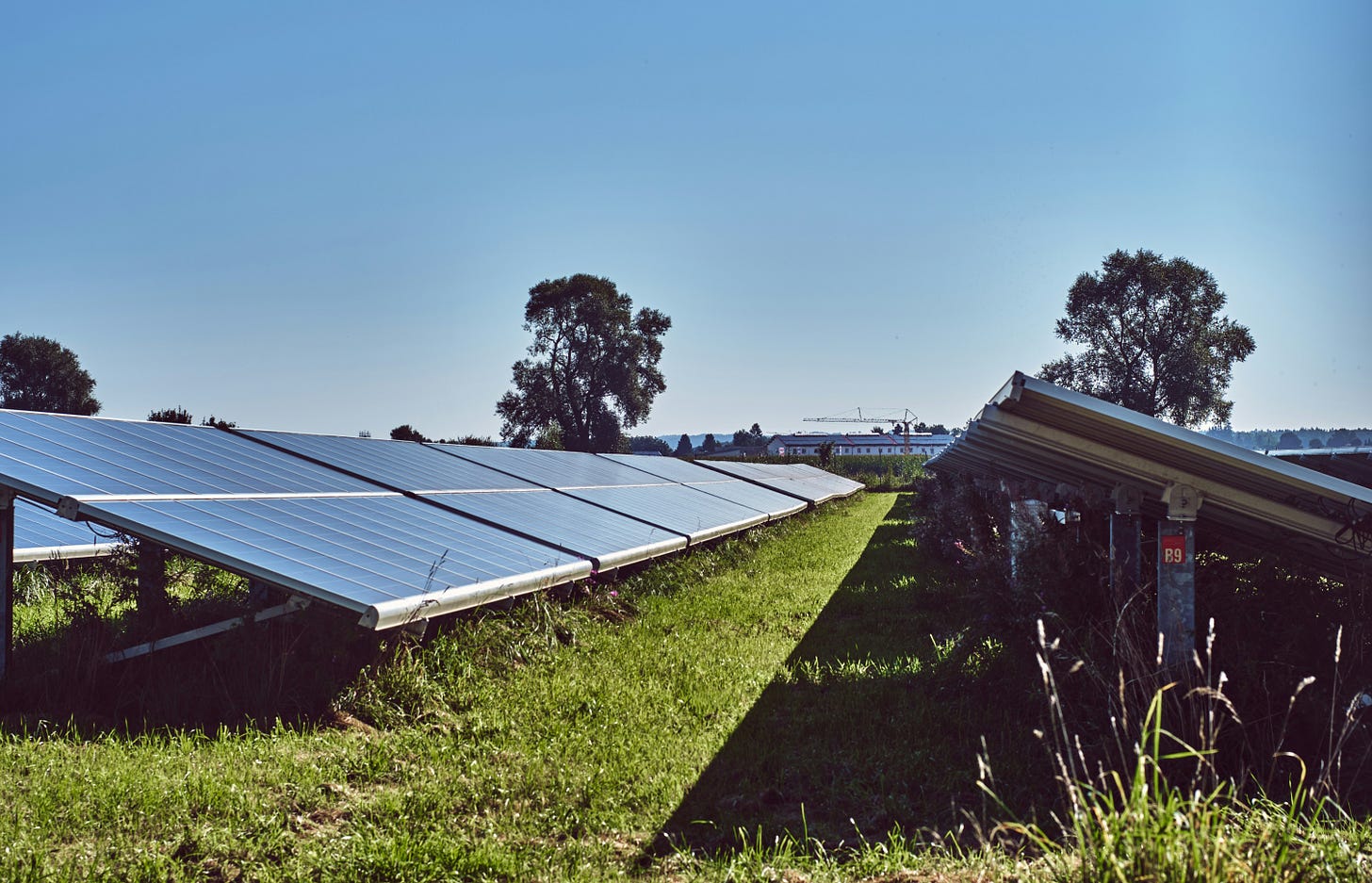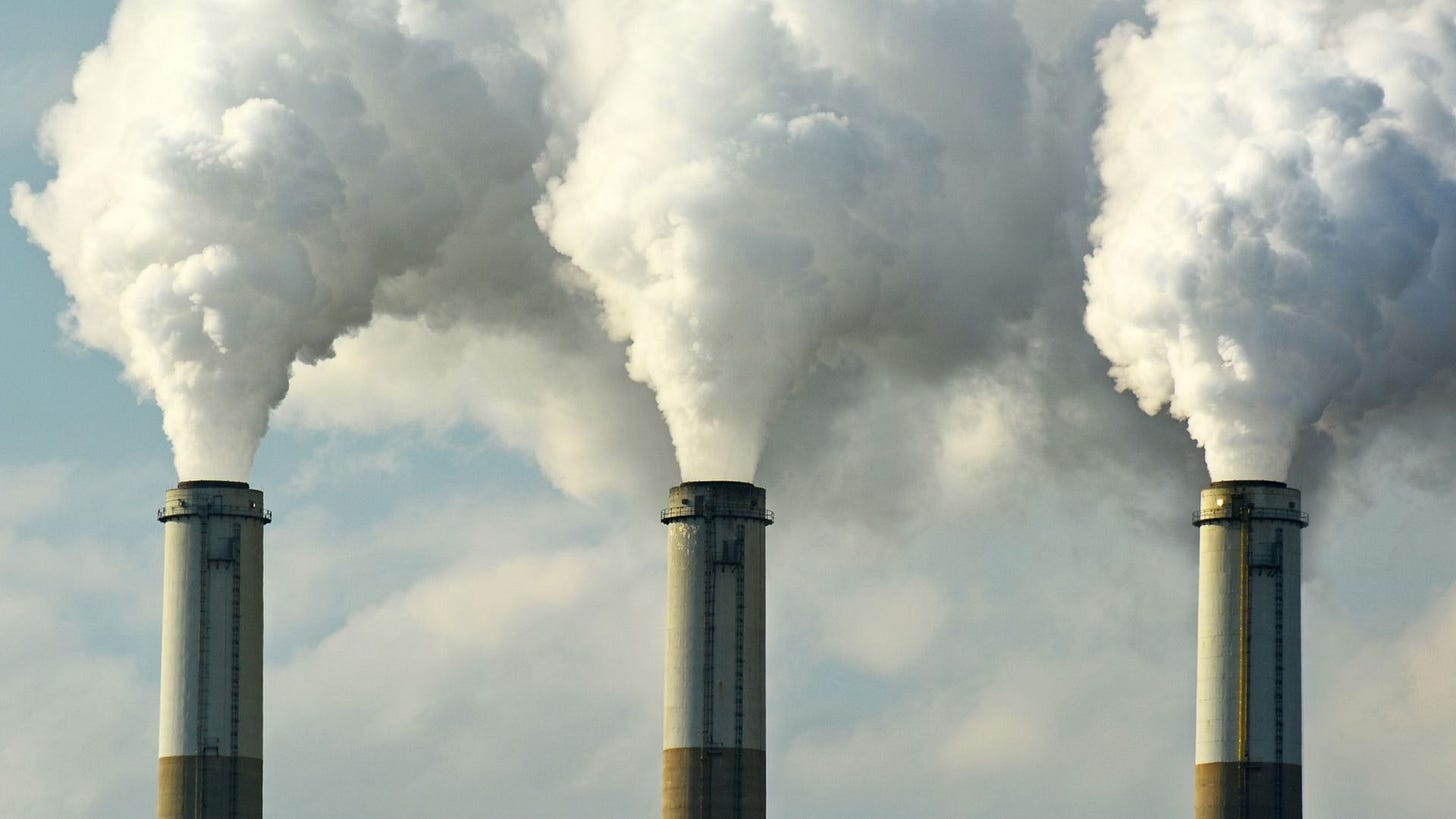How the U.S Presidential Elections Could Impact the Climate Crisis
Understanding the impact of the United States presidential elections
The upcoming U.S. elections, with Kamala Harris (Democratic Party) running against Donald Trump (Republican Party), are poised to play a critical role in shaping the nation's response to the climate crisis. As the second-largest emitter of greenhouse gasses worldwide1 and the country with the highest per capita emissions2, the United States’ climate policy decisions will have profound implications for the future of climate initiatives and global sustainability efforts.
Why Climate Policy Matters
Addressing climate change through policy mechanisms and government spending directly influences our capacity to confront the numerous challenges arising from a rapidly changing environment. Effective climate action is essential for mitigating issues and risks like environmental degradation, severe weather, health risks, food and water security, and social justice while preserving our planet for future generations. In 2024, climate-related disasters in the United States alone have resulted in hundreds of fatalities and inflicted billions of dollars in damages3. As the impacts of climate change continue to escalate, the frequency and intensity of these catastrophic events are expected to increase,4 underscoring the urgent need for comprehensive strategies to combat this global crisis.
Climate policy also plays a crucial role in addressing the interconnected challenges of inflation, energy costs, and corporate profits. For instance, investment in renewable energy infrastructure can stabilize energy prices over time, reducing volatility caused by geopolitical tensions and supply chain disruptions. This stabilization may help alleviate inflationary pressures on consumers, as lower energy costs can contribute to more stable prices for goods and services. Furthermore, comprehensive climate policies can incentivize businesses to adopt sustainable practices, fostering innovation and operational efficiency. As companies invest in green technologies, they comply with regulatory requirements while also positioning themselves to meet the growing demand for eco-friendly products. Thus, implementing comprehensive climate policies has the potential to foster a more resilient economy that balances environmental sustainability with other concerns such as broader economic stability and corporate profitability.
Candidates’ Stances on Climate Issues
Kamala Harris
Vice President and Presidential Candidate Kamala Harris views climate change as an existential threat. She has previously proposed a comprehensive $10 trillion climate plan focused on renewable energy investment, holding polluters accountable, and supporting affected communities. During her time as California's attorney general, she prosecuted oil companies for environmental violations, demonstrating her commitment to environmental protection. As vice president, she played a pivotal role in passing the Inflation Reduction Act, casting the tie-breaking vote in the Senate5 .
Harris emphasizes the tangible impacts of climate change, noting how extreme weather events have led to rising insurance premiums and loss of coverage for homeowners across the country6. Harris has the support of many large environmental groups who view her as the candidate more likely to implement important policies to fight climate change7. However, while Harris initially supported a fracking ban, she now advocates for a balanced energy approach to reduce dependence on foreign oil, highlighting the need for diverse energy sources.
Harris’s running mate, Tim Walz of Minnesota, also has a strong background when it comes to supporting environmental initiatives8. As governor of Minnesota, Walz has passed several policies supporting green energy and climate initiatives within the state9.
Donald Trump
During his administration, Donald Trump implemented extensive rollbacks of environmental regulations, with a New York Times analysis finding that roughly 100 rules were officially reversed or revoked during his tenure. Key changes included weakening limits on carbon dioxide emissions from power plants and vehicles, removing protections for wetlands, and relaxing restrictions on mercury emissions10.
Donald Trump has often expressed skepticism about climate science and has advocated for increased fossil fuel production. As the 2024 election cycle unfolds, Trump has placed rhetorical importance on increasing oil and gas production, stating that it will position the U.S. as the world's top energy producer11. Trump remains critical of renewable energy technologies like wind turbines and electric vehicles, which some experts say could help reduce climate pollution. He has suggested that human activity is just one of many factors contributing to climate change12.
Trump’s vice presidential candidate, J. D. Vance has similarly expressed skepticism about climate change13. He has previously referred to climate change as “weird science” and has inaccurately claimed that the United States has one of the cleanest economies in the world, despite the nation’s high rank as a leading producer of greenhouse gasses14.
Comparing Likely Climate Policy Changes: Harris vs. Trump
Under Kamala Harris, climate policy is likely to emphasize a comprehensive approach to addressing climate change, prioritizing the transition to renewable energy sources and implementing stricter regulations on greenhouse gas emissions. Her administration would focus on integrating climate considerations into broader economic and social policies15, actively working to lower household energy costs and create jobs in the clean energy sector16. The Inflation Reduction Act, which she played a key role in passing, reflects this commitment, fostering record investments in clean energy and leading to significant savings for American families.
The Harris-Walz administration has committed to enhancing energy independence and resilience by investing in clean energy. This would not only help to ensure energy security but also protect public health and the environment. By continuing to forward the deployment of clean energy technologies, the Harris administration aims to create millions of jobs while reducing emissions and maintaining affordable energy prices for families across the country.
In contrast, Donald Trump's climate policy is characterized by a preference for deregulation and increased fossil fuel production. During his previous presidential term, his administration focused on rolling back many environmental regulations and promoting oil and gas exploration as a means of bolstering economic growth. Trump has emphasized energy independence through traditional energy sources, often questioning the scientific consensus on climate change.
Under his leadership, policies will likely prioritize economic benefits from fossil fuel industries over stringent environmental regulations17. If Trump is elected in November, it is also likely that the United States will again withdraw from the Paris Agreement, with some conservative activists also calling for the nation to withdraw from the 1992 United Nations Framework Convention on Climate Change (UNFCCC)18.
Already the Supreme Court, which includes three justices appointed by Donald Trump19, has significantly weakened the Environmental Protection Agency’s ability to fight climate change by rolling back the agency’s scope, mandate, and capabilities for enforcement20. This trend will likely continue among other agencies as the Trump administration’s policy for deregulation continues. For example, the Securities and Exchange Commission (SEC) is already facing legal challenges about its ability to enforce and regulate climate disclosures21.
Conclusion:
The 2024 United States presidential election is likely a make-or-break one for the nation’s climate policy. The stark contrast between the candidates underscores the critical importance of this election in determining the nation’s approach to the climate crisis. As climate-related disasters escalate, the stakes have never been higher. The choice voters make in this election will shape not only the future of U.S. environmental policy but also its role in global sustainability efforts. As such, the 2024 election represents a pivotal moment for climate policy, demanding informed and engaged participation from the electorate to secure a sustainable future.
This Week in Sustainability is a weekly(ish) email from Brightest (and friends) about sustainability and climate strategy. If you’ve enjoyed this piece, please consider forwarding it to a friend or teammate. If you’re reading it for the first time, we hope you enjoyed it enough to consider subscribing. If we can be helpful to you or your organization’s sustainability journey, please be in touch.







